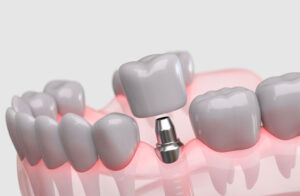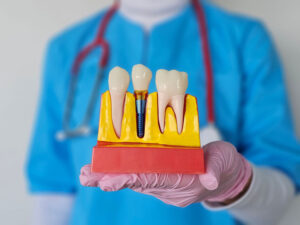Sleep apnea occurs when your air supply is cut off while you’re sleeping. Usually, this is because soft tissues in your airway collapse and prevent air from getting in, called obstructive sleep apnea. You’re literally choking yourself with your own tissue. In most cases, this is easy to treat. A simple oral appliance can reposition your jaw to hold your airway open so you can breathe freely.
But if you don’t breathe freely, your intermittent oxygen shortages can contribute to oxidative stress, which contributes to many of the serious health conditions caused by sleep apnea.
How Sleep Apnea Contributes to Oxidative Stress
Oxidative stress occurs when the body experiences an imbalance between “free radicals” and antioxidants. Free radicals are also called “reactive oxygen species” and “reactive nitrogen species” or ROS/RNS. These atoms or small molecules are highly reactive, and, as we shall see, that can make them very destructive.
When you’re breathing normally, your body produces a small number of free radicals as part of its normal function. These perform roles in cell function at a very small scale, so they can’t cause a lot of damage. But when your body experiences oxygen shortage, its chemistry is altered, leading to an increased production of ROS/RNS. Studies show that people with sleep apnea experience highly elevated levels of ROS/RNS, related to the sever
Partly, these ROS/RNS perform vital functions–they help signal that the body is experiencing an oxygen shortage so that the brain realizes the need to resume breathing. But partly they are very damaging, potentially leading to many of the serious health effects of sleep apnea.
Damages of Oxidative Stress
Because ROS/RNS are so reactive, they are prepared to interact with virtually any molecule they come in contact with. This includes cell structures like cell membranes, but, vitally, it also includes DNA.
Oxidative stress has been linked to many serious health conditions, including:
- Heart disease
- Stroke
- Alzheimer’s disease and similar neurological damage
- Fatty liver disease
- Cancer
It’s hypothesized that in many of these cases, oxidative stress is the bridge between sleep apnea and its ultimate health effects. Certainly, all of the above conditions are also linked to sleep apnea, so it makes sense that this might be the mechanism.
Reducing Oxidative Stress in Sleep Apnea
Understanding this mechanism gives us hints that we might be able to reduce some of the damage from sleep apnea by mediating free radical levels. This can be done by increasing levels of antioxidants. Antioxidant treatments have been shown to help with sleep apnea–improving the quality of sleep, though not necessarily reducing health risks–especially in conjunction with sleep apnea treatments.
But most important is reducing the number of apneic episodes with sleep apnea treatment that are effective and will be comfortable and therefore used.
If you are looking for effective sleep apnea treatment in Westchester County, please call (914) 526-2144 today for an appointment with a sleep dentist at Advanced Dentistry of Mohegan Lake.





